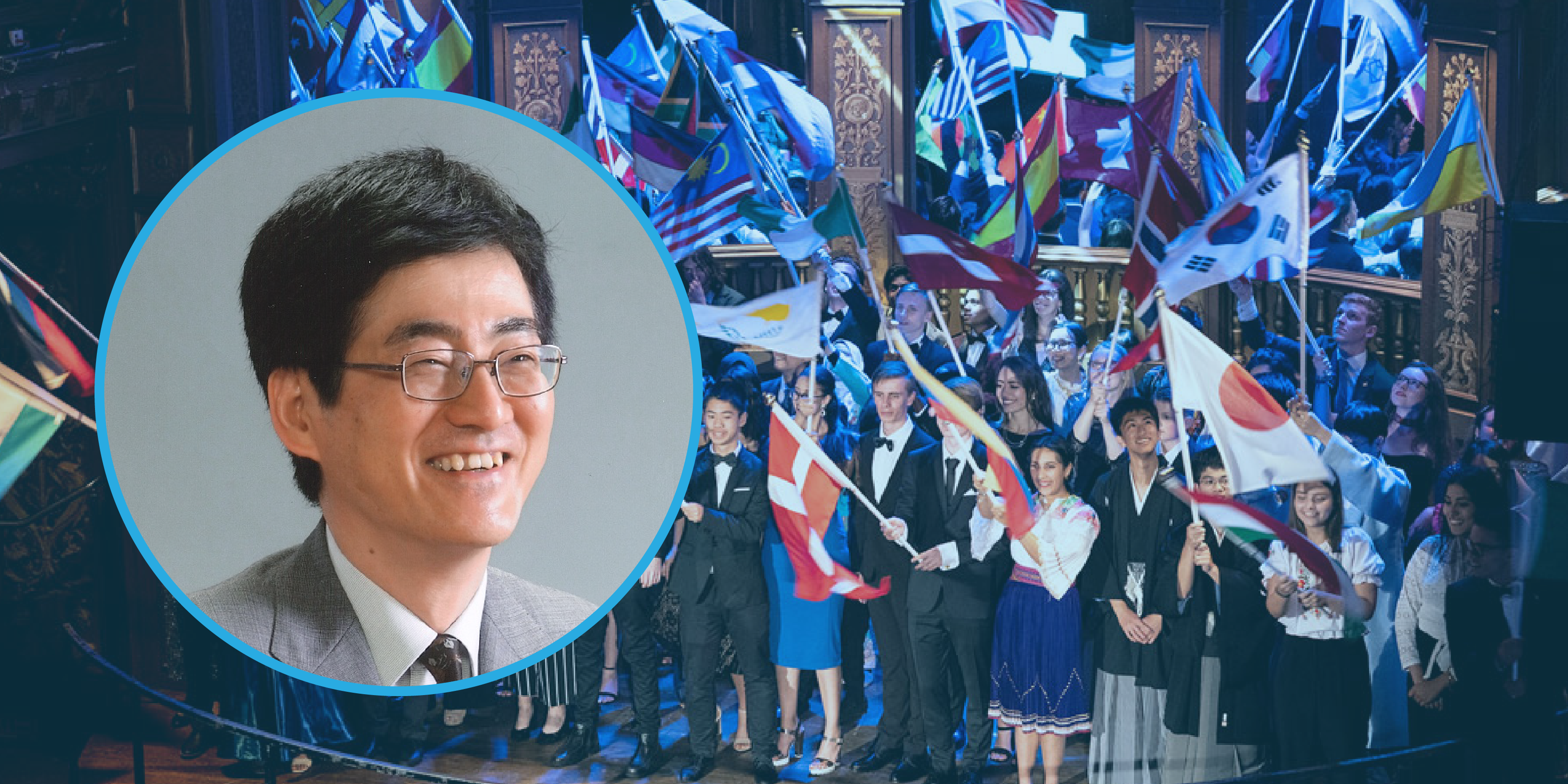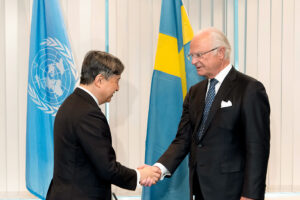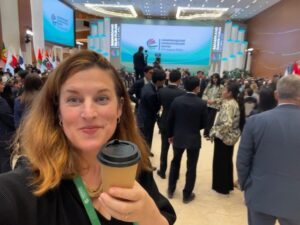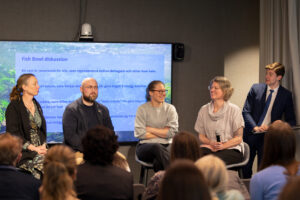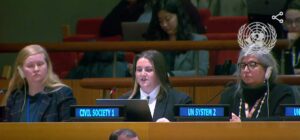Hope and inspiration across generations and continents
For 25 years, an esteemed jury has chosen winners from around the world to be awarded the Stockholm Junior Water Prize. We spoke to Professor Yoshihisa Shimizu about their time as a jury member and advice for new finalists.
How did you get involved with the Stockholm Junior Water Prize?
I have been participating in SJWP every year since 2004. I initially participated as an interpreter during the Jury Interviews for Japanese high school students who couldn’t answer questions in English.
During my 11 years as an intepreter for the Prize I spoke with high school students and national organizers from various countries who were at the poster presentation at the venue. It was a great chance for me to hear about the various circumstances of each country and some local places, and to talk about the young people’s passion for their future with their eyes shining with hope, without considering the time limitation as we had to in the Jury Interview. Since 2015, I’ve been participating as a Jury member, and carry these experiences with me.
Has there been a standout moment for you as you reflect on your time as a jury member?
In 2004, when I was an interpreter, three high school students from very rural southern island of Japan won the SJWP. Of course, winning the competition was an inspiring. But seeing high school students from various countries spending almost a week together during their stay in Stockholm, learning how to proceed with the Jury Interview, being part of the award ceremony – all of these were exciting and memorable moments. Many Japanese students after their trip to Stockholm say “I cannot understand the language they speak, but I can understand what they think.”
Since becoming Jury, the student from USA (2015) and the Australia (2019) have left a big impression on me. The American student was originally from India. When he visited his grandfather in India several years back, the local water was dirty. He believed he could do something about it and wanted to, so he started his research. First of all, he searched for scientific articles on the Internet and read it. If he had any questions, he asked the researchers by e-mail and proceeded with the research. In the end, he had sent more than 2,000 emails. It was research to improve problems in developing countries by bringing together as much wisdom and science/technology as possible for people in developed countries.
The research by Australian student in 2018 was on the use of sunlight to make water that has been contaminated with microorganisms being drinkable. The research was to develop a sticker that can easily identify whether or not the sun was sufficiently irradiated to kill the microorganisms. The motivation for research was still water problems in developing countries, but cutting-edge science was needed to develop the sticker. The students of each country who participate in SJWP usually come to the venue together with national organizers and/or their families etc., but this Australian student participated alone. At the moment of winning the SJWP at the award ceremony, big cheers and applause arose from all over the room. I heard later that the Australian student had talked to many people since her arrival in Stockholm, and she seemed to have unintentionally organized her own cheering party. We, in the Jury also felt a special aura from her during the Jury Interview.
The students of each country are not always fluent in English but they help one another. Sometimes a student comes to Stockholm without an interpreter and when it is time for the Jury Interview some students from other countries who have the same native language (e.g., Spanish),they act as an interpreter. They already have their own Jury interviews to prepare for so this heartfelt, selfless role deserves extra recognition.
What has being a jury member taught you? What will you take with you as you leave the jury?
I have been a faculty member at a university in Japan since 1990. Universities are responsible for two major things: education and research. Recently, objective judgment has become more important than subjective judgment, and everyone is eager to achieve quantative results in both research and education.
If we only want to acheive a certain number of articles; one might conduct a similar survey using methods used in different place by other researchers, or you might carry out experiments and manufacturing using a certain local material peculiar to your region: these will be enough to increase your output.
I think that this trend has been gradually growing. But such imitations of other projects do not help solve current and future water problems at all. I would see SJWP to be the platform that encourages young people who can think and act on what they really need with their own wisdom and science/technology. I will continue working in academia, but I want to always keep this in my mind.
If you could give advice to any prospective competitors, what would it be?
I would like them not only to look at or imitate the surface of successful things, but also to carefully consider the important basic knowledge and social conditions behind them. I hope that they will be motivated to improve the water issues by aiming to finally eliminate the current water problems, which would lead to eliminate the jobs in that field in the future.
